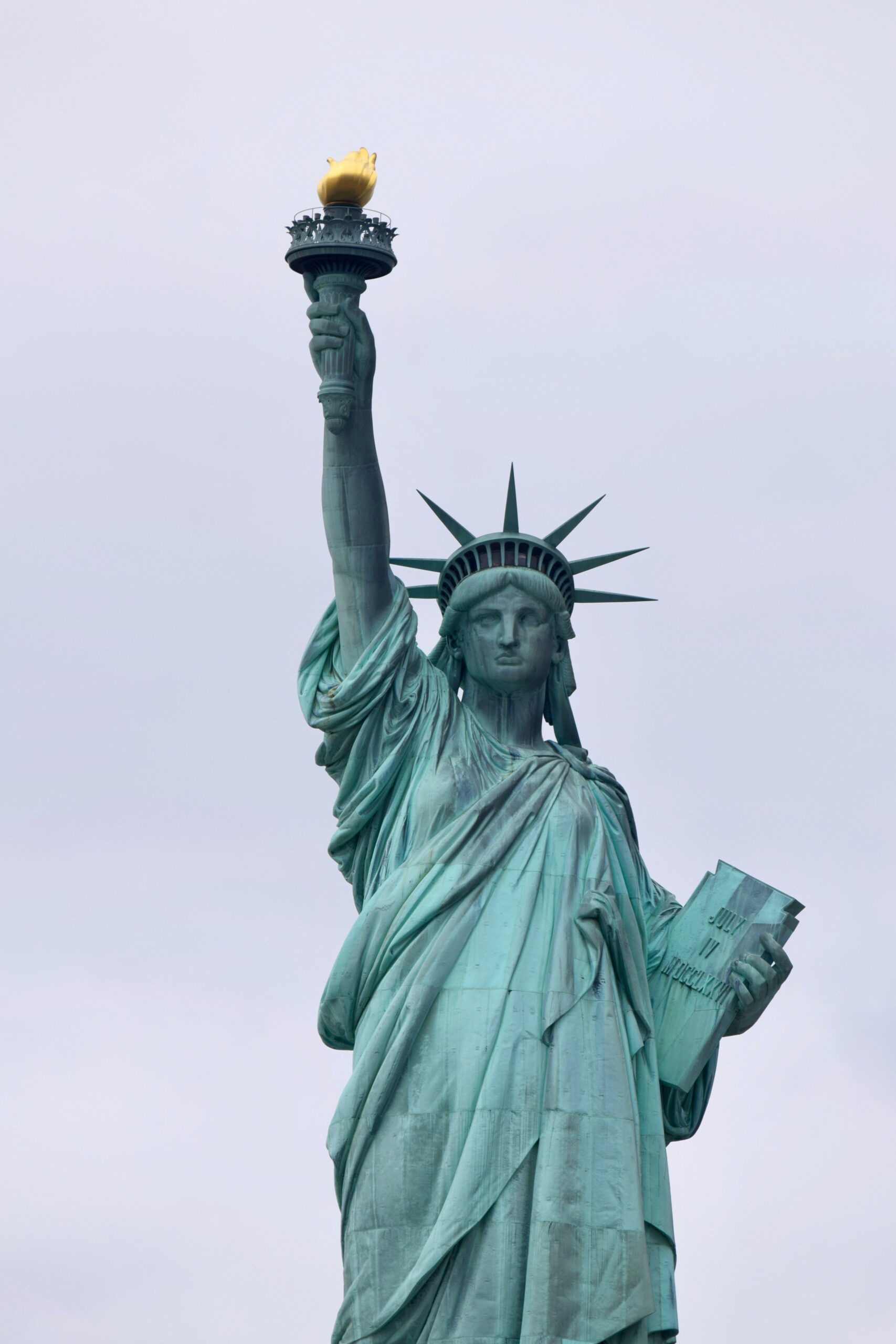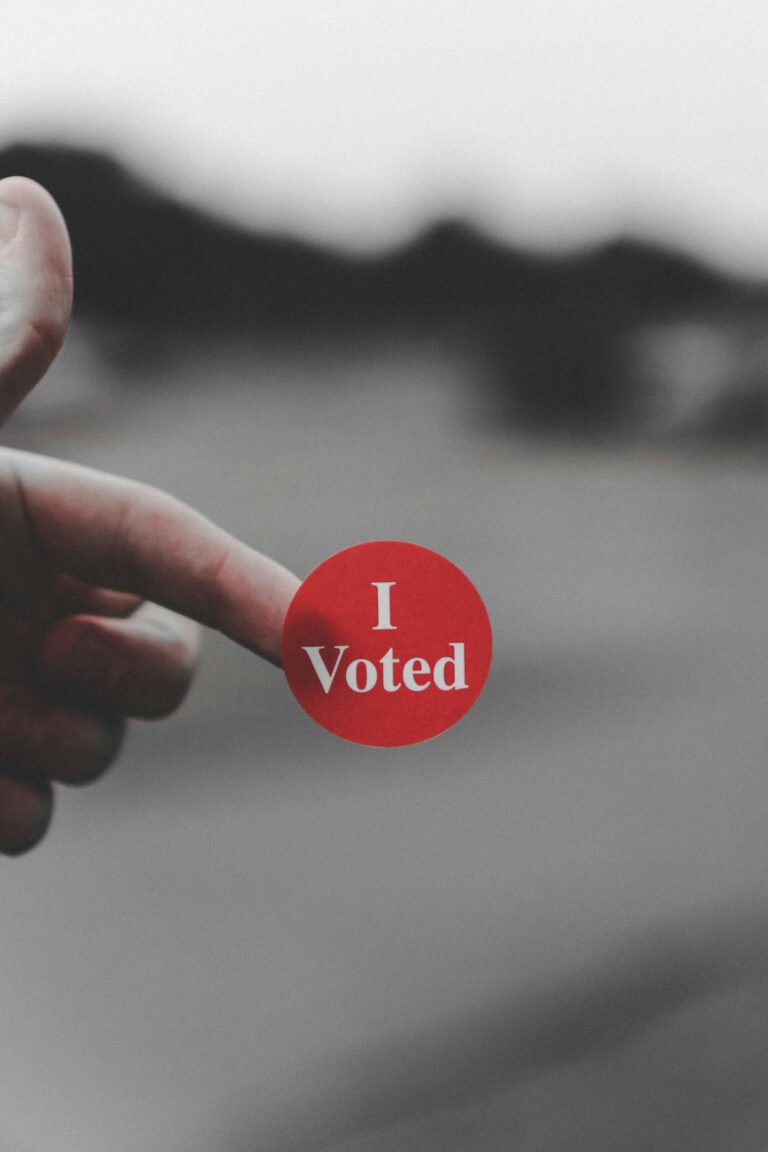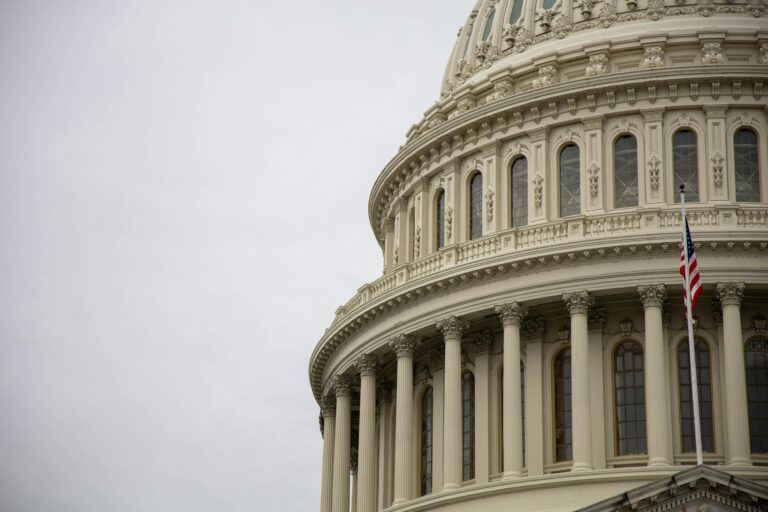
Dr. Martin Luther King Jr.’s life and work changed the course of American history, bringing attention to the deep injustices of racial discrimination and igniting a nationwide movement for civil rights. As a leader, Dr. King advocated for racial equality, social justice, and nonviolent protest, emphasizing that true democracy requires equity for all. More than half a century after his assassination, his legacy endures as both an inspiration and a reminder of the work still needed to achieve a truly just society. Today, we examine the progress made in civil rights since Dr. King’s time and how his legacy continues to influence current political movements.
1. Civil Rights Gains Since MLK’s Era
Voting Rights and Legal Protections
One of Dr. King’s most notable achievements was his role in the passage of landmark legislation, such as the Civil Rights Act of 1964 and the Voting Rights Act of 1965. These laws dismantled segregation and protected the voting rights of Black Americans, a major victory for the civil rights movement. The Voting Rights Act (VRA), in particular, sought to eliminate discriminatory practices like literacy tests and poll taxes that disenfranchised Black citizens in the South.
Progress Today:
Since the VRA’s enactment, voter turnout among minority groups has significantly increased, and legal safeguards have been put in place to protect the right to vote. Additionally, the Fair Housing Act of 1968, another landmark law influenced by King’s advocacy, outlawed housing discrimination based on race, color, religion, or national origin.
Challenges Ahead:
Despite these gains, voting rights remain under threat. The 2013 Supreme Court decision in Shelby County v. Holder weakened key provisions of the Voting Rights Act, allowing states with histories of discriminatory practices to implement new voting laws without federal approval. This has led to renewed voter ID laws, reduced polling locations, and other obstacles affecting minority communities, echoing issues Dr. King fought against.
2. Economic Justice: A Persistent Challenge
MLK’s “Poor People’s Campaign” and Economic Inequality
In the years before his death, Dr. King expanded his focus to economic justice, launching the Poor People’s Campaign in 1968 to address poverty, wage inequality, and the economic struggles faced by low-income Americans of all races. King argued that true equality required addressing wealth disparities and ensuring economic opportunities for all.
Progress Today:
Programs like Medicare, Medicaid, Social Security, and food assistance have provided safety nets that didn’t exist in King’s time, reducing poverty for millions. Additionally, policies promoting fair wages, worker protections, and paid family leave continue to improve the economic conditions for many working-class Americans.
Challenges Ahead:
Despite these gains, economic inequality persists. Black Americans continue to experience higher rates of poverty and lower rates of homeownership and wealth accumulation compared to their white counterparts. The racial wealth gap remains a significant barrier, and advocates argue for expanded policies addressing wage gaps, housing access, and healthcare reform to tackle systemic economic inequality.
3. Police Reform and Criminal Justice: An Ongoing Struggle
From Selma to Ferguson: Police Violence Then and Now
Dr. King’s activism often highlighted the issue of police violence, as seen during the 1965 march from Selma to Montgomery, where state troopers violently attacked peaceful protesters. This brutality became a powerful image of the injustices faced by Black Americans, helping to sway public opinion in favor of civil rights reforms.
Progress Today:
The civil rights movement’s efforts led to the establishment of federal guidelines on law enforcement conduct and inspired new policies promoting accountability. In recent years, the Black Lives Matter (BLM) movement has reignited conversations around police brutality, bringing attention to cases like the deaths of George Floyd, Breonna Taylor, and many others who lost their lives in encounters with law enforcement.
Challenges Ahead:
Despite increased awareness and a push for accountability, systemic issues persist. Efforts to pass police reform laws at the national level have faced significant political obstacles. Dr. King’s calls for nonviolent change echo today as activists continue to fight for meaningful reforms, including reducing the militarization of police forces, implementing better de-escalation practices, and increasing community oversight of law enforcement agencies.
4. Educational Equality: Expanding Opportunity
From Segregated Schools to Equity Initiatives
Education was another area where Dr. King sought reform, advocating for the end of segregation in schools and promoting equal access to quality education for all children. The 1954 Supreme Court ruling in Brown v. Board of Education was a foundational victory, but King’s activism reminded the nation that true equality in education requires ongoing effort.
Progress Today:
Policies such as Title IX and the Elementary and Secondary Education Act have improved access to education for minority and low-income students. Today, efforts to expand educational opportunities include school choice programs, scholarships, and public funding to address disparities in school districts.
Challenges Ahead:
School segregation still exists, with many public schools divided along racial and socioeconomic lines. Funding inequalities persist, with wealthier districts often receiving more resources than poorer ones. Advocates call for reforms to ensure all students receive quality education, including increased funding for public schools, greater investment in under-resourced districts, and initiatives that address racial and economic disparities in academic achievement.
5. Legacy in Modern Activism: From MLK to Black Lives Matter
The Influence of Nonviolent Protest and Organized Movements
Dr. King’s strategy of nonviolent resistance remains a cornerstone of activism today. His approach inspired countless movements worldwide and continues to influence activists fighting for justice in the United States. The Black Lives Matter movement, which emerged in response to police violence and systemic racism, draws from King’s legacy of organized, peaceful protest to call for change.
Progress Today:
BLM and similar movements have made racial justice a central issue in modern politics, influencing policy discussions, corporate practices, and educational curricula. Legislative initiatives, while often stymied, have gained traction, with city and state governments passing reforms and increased transparency around police activities.
Challenges Ahead:
The backlash against BLM and other social justice movements shows that civil rights activism still faces resistance. Efforts to protect and promote racial justice are often met with counter-movements, making it clear that the fight for equality is ongoing. Dr. King’s words, urging a nation to confront its flaws with courage and commitment, continue to resonate in today’s social and political landscape.
6. Expanding the Scope of Equality: Intersectionality in Civil Rights
From Racial Equality to Intersectional Justice
Dr. King’s vision of equality focused on dismantling racial discrimination, but modern movements have expanded this scope to include intersectionality—the overlapping of different forms of discrimination based on race, gender, sexual orientation, socioeconomic status, and more. This broader focus seeks justice for individuals who face multiple, intersecting oppressions.
Progress Today:
Laws and policies have evolved to protect against various forms of discrimination. The fight for LGBTQ+ rights, women’s rights, and disability rights has gained momentum, influenced by Dr. King’s model of advocacy for the marginalized.
Challenges Ahead:
Although legal protections have advanced, social acceptance and systemic inequality persist. Advocates for intersectional justice call for policies that address the unique challenges faced by those who fall within multiple marginalized groups, aiming for a more inclusive and comprehensive approach to civil rights.
7. A Lasting Legacy: Inspiring Future Generations of Leaders
MLK’s Vision for a Just Society
Dr. King’s legacy has inspired generations of leaders, from activists to politicians, who carry forward his vision of a society where justice prevails over prejudice. His words continue to echo in classrooms, boardrooms, and marches around the world, serving as a guiding force for those committed to social justice.
Progress Today:
Programs like Teach for America, racial justice organizations, and youth activism initiatives ensure that King’s teachings reach young people. Today’s young activists, who have grown up in a diverse, interconnected world, bring new perspectives to the fight for equality, drawing from King’s dream as they work toward a future that reflects those ideals.
Challenges Ahead:
The struggle for a just society is complex, and new generations must tackle problems that are deeply rooted in history. Yet, the resilience, passion, and diversity of today’s activists suggest that King’s dream is alive and evolving, guiding the next wave of leaders in their quest for justice.
How Far Have We Come?
Reflecting on Dr. King’s legacy, we see both inspiring progress and persistent challenges. The battles he fought laid the groundwork for significant social change, but the journey toward true equality is far from over. As we move forward, his teachings offer a roadmap for the work that remains, reminding us that activism, justice, and compassion are essential for sustaining democracy and creating a fairer, more equitable world.
Looking Ahead: Continuing MLK’s Legacy in 2024 and Beyond
In 2024, as political leaders, activists, and citizens reflect on Dr. King’s legacy, the lessons of the past inform the road ahead. From protecting voting rights and pursuing economic justice to addressing climate and racial inequities, the issues Dr. King championed are as relevant as ever. His words challenge us to ask ourselves: How can we carry forward his vision of justice, equality, and nonviolent resistance?
By embracing his legacy, each of us can play a role in moving closer to the world he dreamed of—one defined not by the color of our skin or our social standing but by our shared commitment to justice, equality, and humanity. The journey may be long, but with Dr. King’s example lighting the way, we continue to move forward, honoring his memory and keeping his dream alive.





